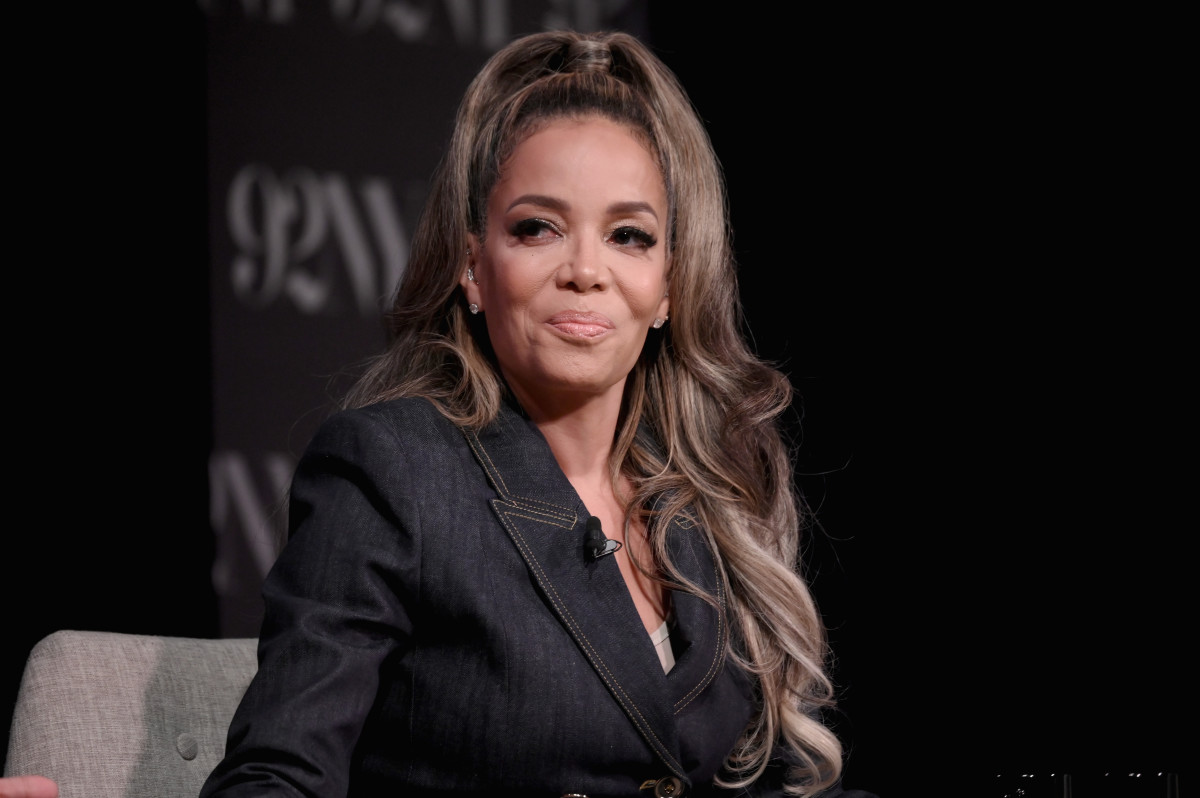The View’s Sunny Hostin Claims She Is ‘Stuck’ In ‘Racist’ America And Wants To Leave
In a thought-provoking segment of “The View,” Sunny Hostin, well-known for her candid discussions, voiced her concerns about the persistent racism that she perceives in America. In her statements, Hostin described the United States as a “pretty racist” country, a sentiment that resonated with many who feel similarly trapped in a society rife with inequality. Her commentary sparked conversations about race relations in America and the experiences of marginalized communities.
Hostin’s remarks draw attention to a larger conversation about systemic racism in the U.S. and highlight the frustrations of those who feel unheard and unsupported in their pursuit of equality. Aligning her thoughts with those of Rosie O’Donnell, who recently relocated to Ireland to secure better opportunities for her family, Hostin indicated that many Americans are eager for change, and some are even considering leaving the country to find a more equitable environment.
Hostin’s Perspective on American Society
During the segment, Sunny Hostin elaborated on her feelings of being “stuck” in a system that she believes continues to fail a significant portion of its population. Although she did not specify which groups she thinks are particularly disenfranchised, her comments suggest that she believes a broad spectrum of individuals are affected by systemic inequities. This perspective sheds light on the struggles faced by various marginalized communities and serves as a call for awareness and change.
Critics of Hostin have labeled her as one of the more divisive figures on television, particularly for her statements that some perceive as overly generalizing about specific demographics. For instance, Hostin has faced backlash for past comments regarding Latino men and conservative women, leading many to argue that her views, while valid to some, are also polarizing and lack nuance.
The Reaction from Critics and Supporters
Since Hostin’s comments, a wave of reactions has hit social media and news outlets. Supporters argue that her vocal stance against racism is essential for prompting dialogue and reflection, especially among those who may not see the world through the same lens. They appreciate her candid approach and dedication to discussing difficult subjects that reflect the reality of many Americans.
On the other hand, critics, including prominent voices like Clay Travis from OutKick, have accused Hostin of gaslighting—a term that implies manipulating people into questioning their understanding of reality. They argue that as someone who enjoys significant financial success (earning an estimated $8 million annually from her role on “The View”), her criticisms of America appear disingenuous. The juxtaposition of her profitable media career against her calls for systemic change has led many to question her authenticity and commitment to leaving the country.
The Broader Implications of the Discussion
Hostin’s statements have reignited essential discussions surrounding race and the influence of public figures on social narratives. Television personalities like Hostin hold considerable sway in shaping public opinions, and her frank insights encourage dialogue around difficult topics. However, they also highlight the dichotomy between privilege and advocacy, showcasing the complexities many face when addressing systemic injustices.
As debates continue, the implications of Hostin’s claims extend beyond her personal feelings, touching on the heart of racial equity in the U.S. and the ways in which individuals perceive their place in society. The reaction to her comments reveals a deep-seated division on how to address these issues and what initiatives may be necessary for creating a more inclusive environment.
The conversation sparked by Sunny Hostin’s remarks shows no signs of abating. As issues pertaining to race, privilege, and activism remain at the forefront of public discourse, it is crucial for individuals, including public figures, to contribute thoughtfully to these conversations. Whether or not Hostin remains in the U.S., her statements continue to resonate and encourage people to consider their roles within the larger social framework.
In reflecting on these ongoing discussions, it is imperative to seek personal engagement in the fight against systemic inequities. Engaging in local community conversations, supporting organizations focused on racial justice, and advocating for policy changes are vital ways for individuals to contribute to creating a more just society. Together, we can work toward addressing the concerns raised by Hostin and many others, fostering a more equitable America for all.





